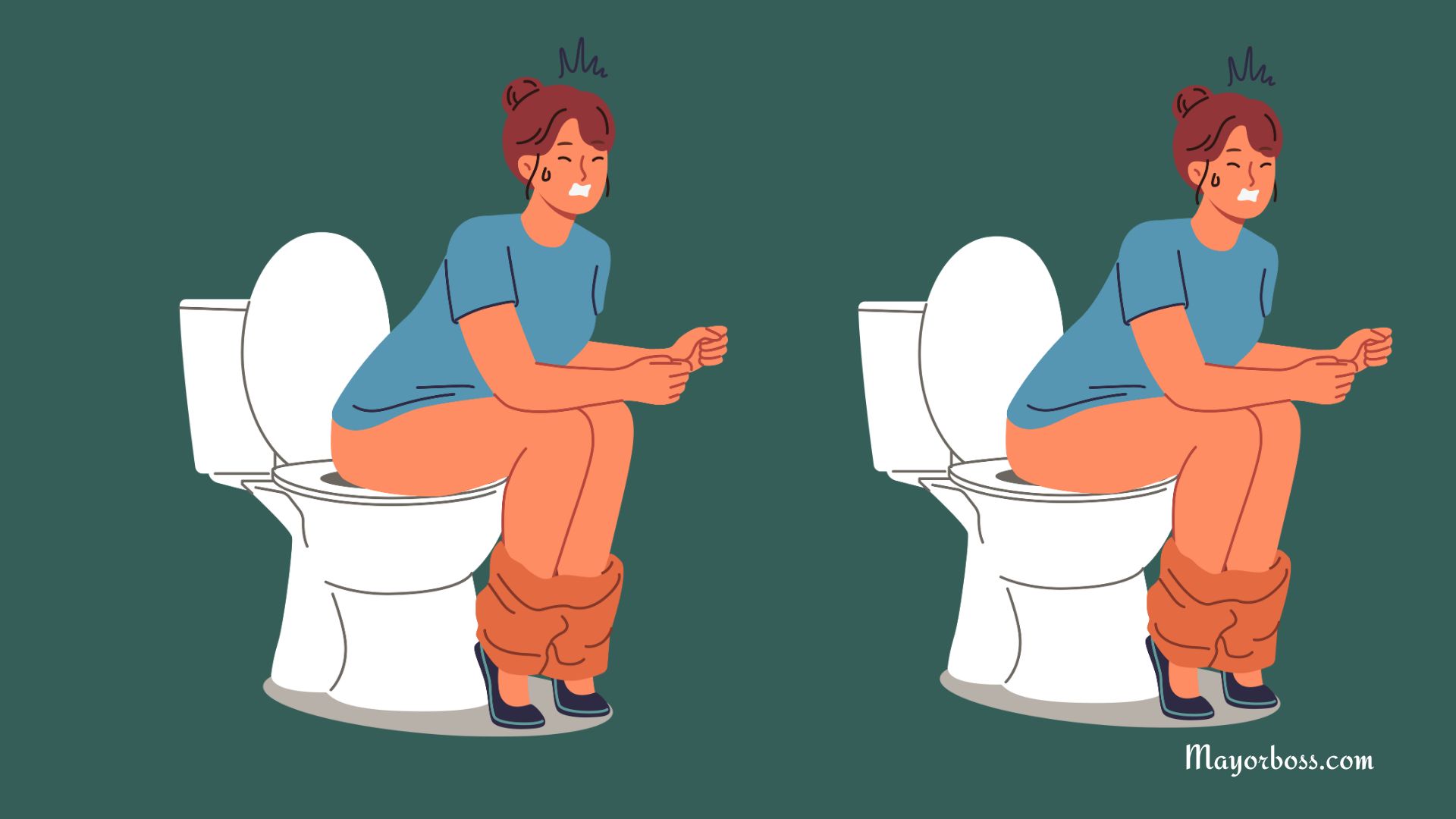6 Signs Of A Stroke People Often Ignore
A stroke is a medical emergency that requires fast attention. Experts at Mayo Clinic say that “The sooner treatment is given, the more likely it is that damage can be minimized” And while many people know the classic stroke signs like slurred speech or one-sided weakness, there are more subtle warning signs that can often be overlooked.
A stroke occurs when blood flow to the brain is interrupted, therefore causing brain cells to be deprived of oxygen and nutrients. Without proper care, permanent damage can occur in minutes.
In fact, strokes are one of the leading causes of death and disability worldwide, according to the World Stroke Organization. The tricky part? Some symptoms don’t seem as obvious. That’s why it’s essential to be aware of these less-recognized signs. Scroll through below to learn six common stroke symptoms that can slip under the radar.

1. You may experience sudden and intense headaches
You’ve probably heard of headaches being a common symptom, but the type of headache associated with a stroke is different. It’s typically described as sudden, severe, and unlike anything you’ve felt before. Doctors say this type of headache can strike out of nowhere, even when you’re just relaxing.
If you don’t normally get headaches or it’s much more intense than usual, take it seriously. According to the
review published in StatsPearls, this could be a sign of a hemorrhagic stroke, which happens when there’s bleeding in the brain.
Keep in mind a severe headache that comes out of the blue, especially when paired with other symptoms, should prompt you to seek medical help immediately.
2. You may feel sudden confusion or trouble understanding
One of the more easily overlooked signs of a stroke is confusion or difficulty understanding things that you would normally grasp. Suddenly having trouble comprehending what others are saying or finding yourself unable to follow simple instructions can be a red flag.
The National Institutes of Health (NIH) explains that strokes can affect the brain’s language centers. This could make basic tasks seem impossible or leave you feeling disoriented. If you or someone around you experiences sudden confusion or trouble understanding speech, this isn’t just a “bad day.” It might be a sign that your brain is struggling, and you should call for emergency medical attention.
3. You may experience dizziness or loss of balance out of nowhere
Feeling lightheaded or suddenly losing your balance can be easily attributed to tiredness, dehydration, or even clumsiness. However, when this dizziness comes on suddenly and is severe, it may point to a stroke.
Doctors warn that if you suddenly have trouble walking, lose your coordination, or feel like the room is spinning, this could be due to a stroke affecting the cerebellum, which is responsible for motor control. According to the Cleveland Clinic, sudden dizziness or loss of balance is a less obvious but serious indicator of a stroke. This is one sign you should never ignore.
4. You may have vision problems in one or both eyes
Sudden vision problems are another overlooked sign. This could include blurred vision, seeing double, or losing vision in one eye altogether. You might brush it off as eye strain or fatigue, but sudden vision changes—especially when combined with other symptoms—can point to a stroke.
According to the National Health Service (NHS), strokes can affect the part of your brain responsible for sight, which explains why your vision can be impacted so quickly. If you suddenly find it hard to see out of one or both eyes, or you’re seeing double, promptly contact your doctor. Time is of the essence here.
5. You might experience numbness or tingling in your face, arm, or leg
You’ve probably heard that numbness or weakness on one side of the body is a classic stroke symptom, but it doesn’t always happen so dramatically. Numbness or a tingling sensation in your face, arms, or legs can also be a stroke warning sign, especially if it’s happening on one side of the body.
This occurs when a stroke affects the nerves and muscles responsible for movement and sensation. If you feel sudden numbness or weakness in your face, arm, or leg, especially on one side, you should see a doctor right away. It could be the precursor to a much more severe stroke.
6. You may suddenly feel very tired or weak
Fatigue isn’t the first thing that comes to mind when thinking about stroke symptoms, but sudden, extreme tiredness can be a sign of a stroke. If you’re feeling a wave of exhaustion and weakness, especially if it comes on rapidly and without cause, it might mean your brain is in trouble.
According to Dr. Iroko Anita, a certified medical doctor, some people report feeling unusually weak or drained right before or during a stroke. This fatigue can make it hard to move or even stay awake. Don’t assume it’s just tiredness—this could be your body signaling a stroke.
Act quickly when you notice stroke symptoms
It’s easy to miss or brush off some of these subtle stroke signs, especially when they’re not the dramatic symptoms we often think of. But the sooner you spot the signs of a stroke, the better your chances of preventing long-term damage.
The American Stroke Association explains that “Immediate treatment may minimize the long-term effects of a stroke and even prevent death.” Physicians emphasize that if you or someone else is showing any signs of a stroke, even the ones that seem minor, you should call 911 immediately.
The Takeaway
A stroke can hit without warning, and the symptoms might not always be what you expect. People tend to overlook headaches, confusion, dizziness, vision problems, numbness, and sudden fatigue. But these can be key warning signs of a stroke. If something feels off or happens suddenly, it’s worth getting checked out.
If you’re ever in doubt, remember that acting fast is the best thing you can do. Stroke treatments are most effective within the first few hours, so every minute counts. When in doubt, always call for help—don’t wait for the situation to worsen.






